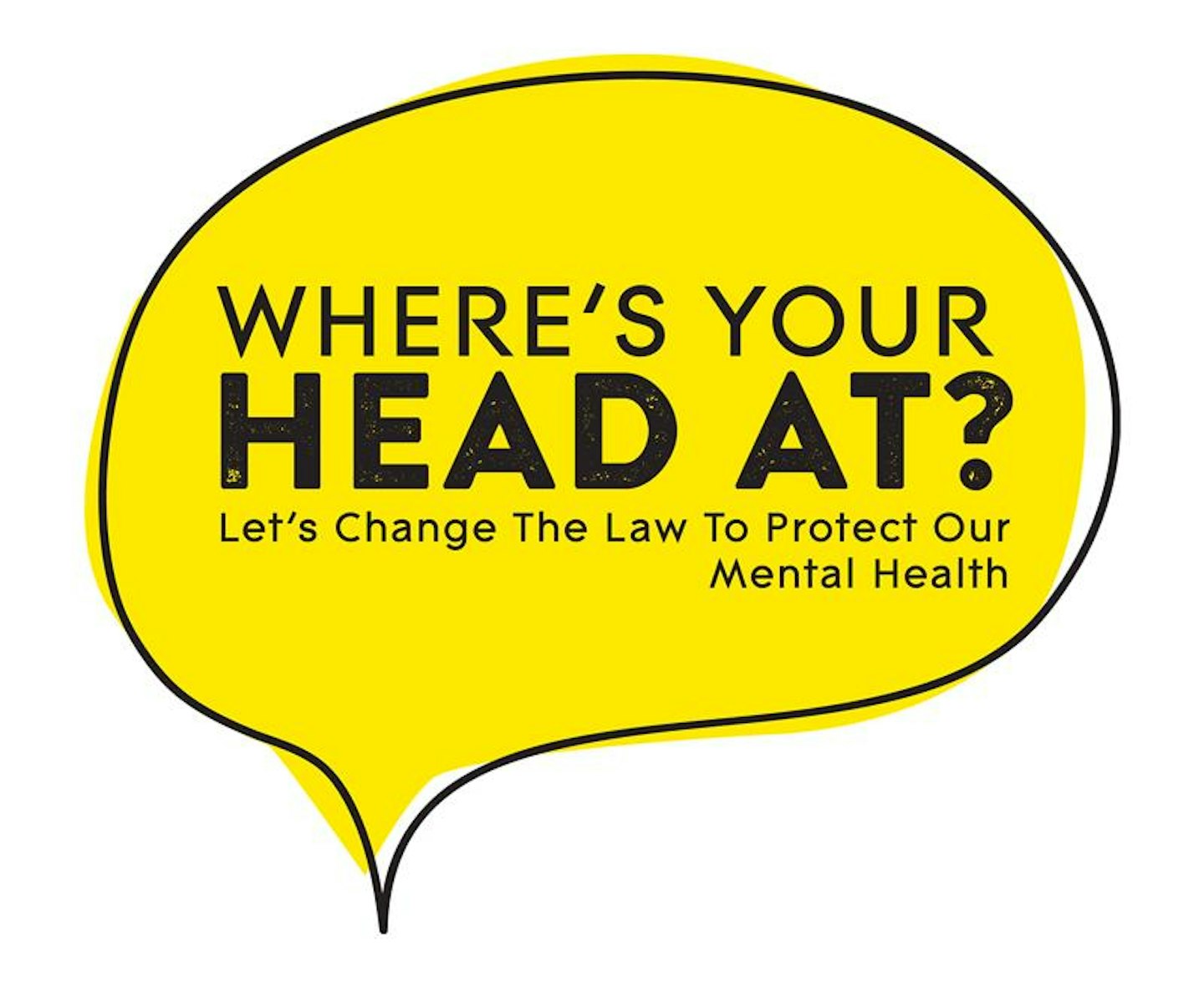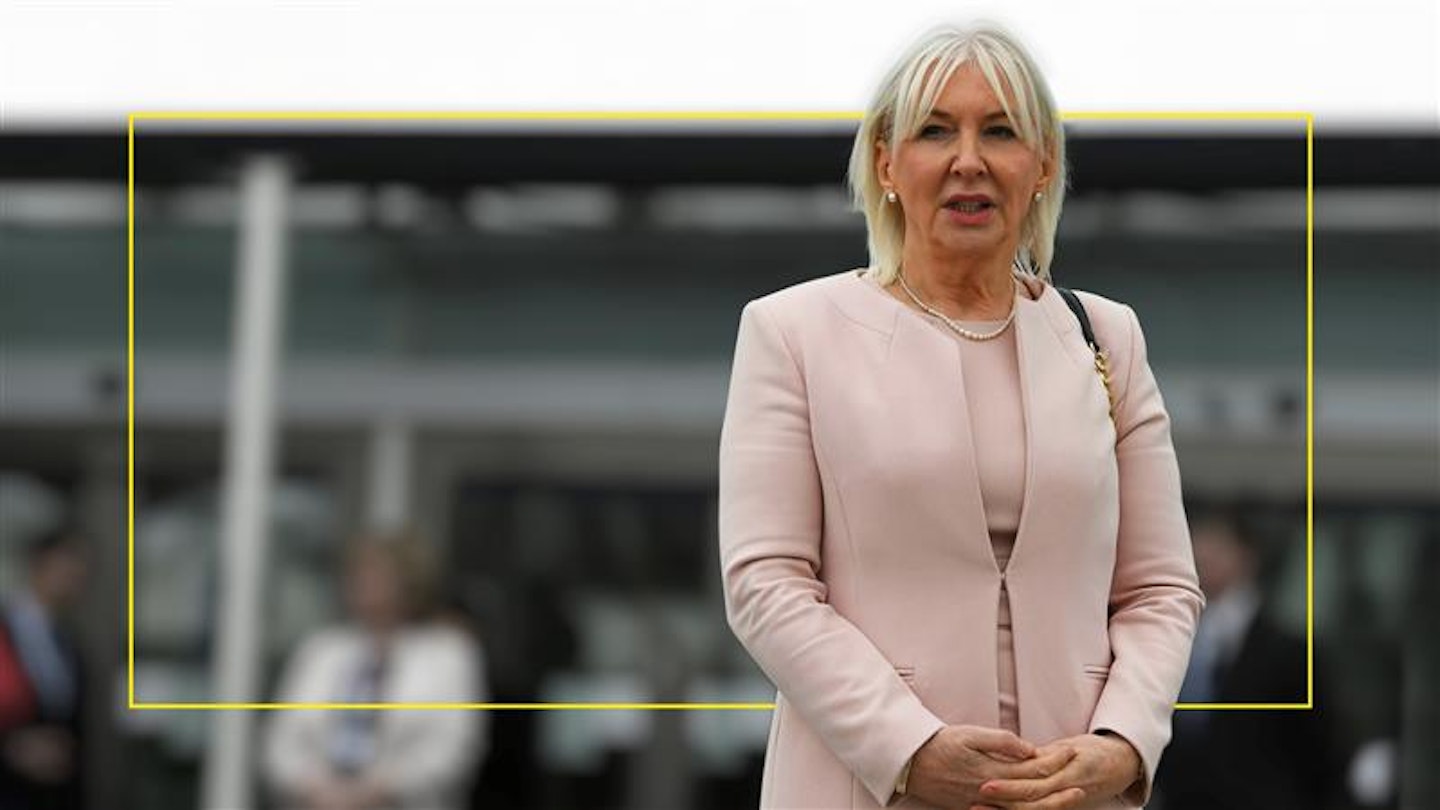There’s no doubt about it; we’re heading into what is likely to be one of the most miserable winters of our lives. So we asked Nadine Dorries, the Minister for Mental Health, Suicide Prevention and Patient Safety, for some tips when it comes to getting through the worst of it. It’s hard not to feel a sense of despair right now, but Nadine reminds us there are a few reasons to stay hopeful.
‘There is a huge amount of work going on out there at the moment, on treatments and in the drug world,’ she tells Grazia. ‘And whether we have a vaccine or we don't, we are making advances all the time. What I would say to people is, it's not hopeless. There's a lot of work going on, because this is the biggest threat to us that we've ever faced, probably since the Spanish flu. It's the biggest upheaval we've had to go through probably since war time. We're doing everything we can here in Westminster. I know it might not feel that way to people, but I can promise you, everyone here is working seven days a week, we're doing everything that we can. And what we need people to do is to realise that there is a light at the end of this tunnel.’
What helps her when she's feeling low? ‘I write, and on the days that I don't write I find it more difficult, so I get up very early in the mornings, I'm usually up by about 6am, and I'll write for about an hour. And that is my therapy. But I think it's because I'm dyslexic and dyslexic people are used to being creative and thinking out of the box a bit. And I think that also helps me with that.’ Her three daughters also get her through, she says.
It's not hopeless; there is a huge amount of work going on out there, on treatments and in the drug world.
This World Mental Health DayGrazia is focusing on kindness, asking everyone to pledge an act of kindness as part of our Where’s Your Head At campaign. London Mayor Sadiq Khan has already recorded his. Nadine, who supports the campaign, says she’ll be inviting an elderly neighbour around for a cup of tea in her garden this weekend.
‘She lives on her own and she hasn’t been out very much at all, she’s quite fearful of Covid-19,’ she adds.
What would she say to others who are thinking of pledging?
‘In your act of kindness, look for an elderly neighbour or someone who is on their own, because there are a lot people who are now afraid to go to shops, libraries and clubs that they used to go to, who are quite lonely, and loneliness is an awful thing. So if you know anyone who is like that then offer to have a cup of tea with them or just check up to see if they’re ok, because people are missing conversation and I think that would be a kind thing to do.’
She says campaigns like ours are important to offset negativity and give people hope and encouragement. ‘We are going to get through this, we're going to get out the other side, and this is how we do it, by helping and supporting each other,’ she adds.
We don’t know what’s coming in the next few months and the uncertainty can have a huge impact on people’s lives.
‘It's really okay and understandable to feel both anxiety, apprehension and fear at the moment,’ she says. ‘People call it a mental health issue. It isn't. It's a wellbeing issue. And for most people, they will go through this, they will draw on their own resilience and they will come out of the other side. It's not a mental health issue. It's a wellbeing issue,' she says.
'I wish it was called World Mental Health and Wellbeing day. I wish it wasn't just World Mental Health Day. There's a difference between somebody who's suffering with an eating disorder, which is the most serious of all mental health issues because one in five people who have an eating disorder lose their life as a result, to anxiety and general wellbeing.’
She signposts a number of services available to people who might be struggling, including the NHS’s Every Mind Matters website, which includes helpful tools for parents who are worried about their children. But, she says physical exercise is one of the most important things we can do for our wellbeing and mental health. She also recommends reaching out to loved ones, getting enough sleep and a regular and healthy diet. Of course, if these things don’t help, medical help should be sought, she adds.
‘We knew as soon as the temperature began to drop things are going to get a little more tricky, and it looks like they are, and we're going to have a difficult winter. I think to help everybody get through this winter, we're going to need those acts of kindness even more than we ever did before.’
To pledge an act of kindness for World Mental Health Day go to wheresyourheadat.org/pledgekindness

